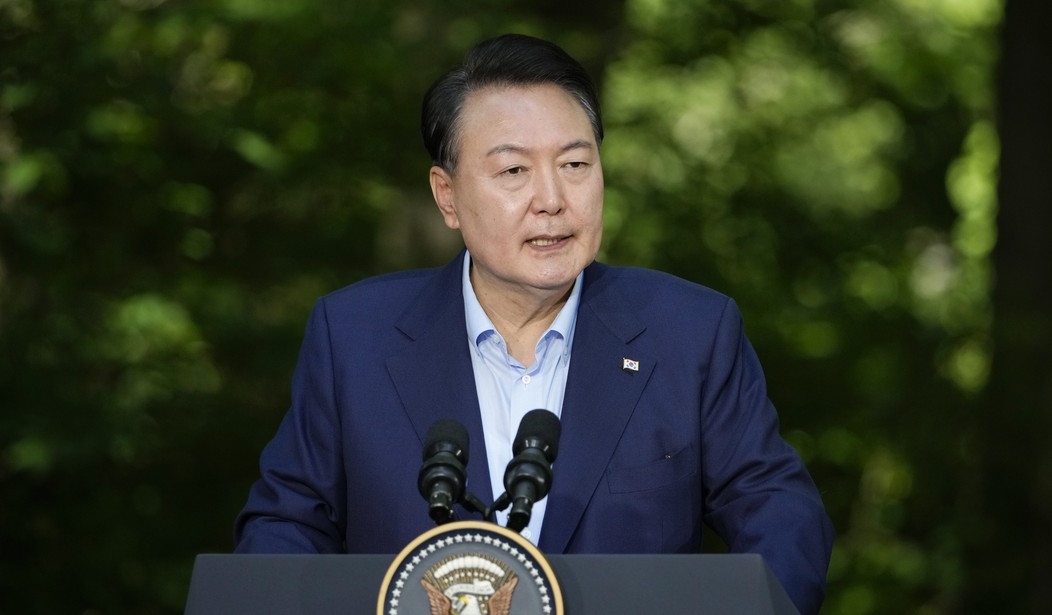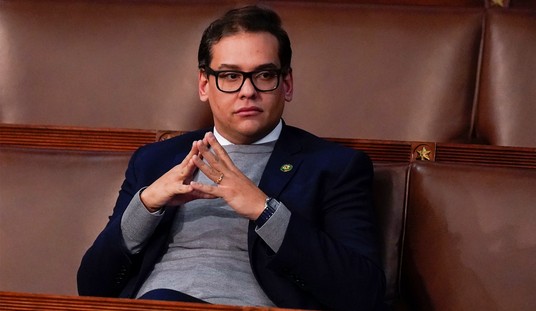Early last month the president of South Korea, Yoon Suk Yeol, declared martial law and issued a statement asking the public to trust him. Under South Korean law the president has the ability to declare martial law but only in moments of extreme crisis, which this was not. Instead, it appeared the president had grown frustrated with the opposition party and was declaring martial law so he could simply dictate policy.
Opposition lawmakers were initially blocked from getting into parliament by members of the military but eventually they did get inside and quickly overturned the martial law declaration.
Less than two weeks later, Parliament voted to impeach President Yoon and handed presidential power over to Prime Minister Han Duck-soo. However, lawmakers then decided to impeach the acting president and gave presidential power to his deputy.
Meanwhile, former president Yoon vowed to continue to fight for his political future and return to office. Earlier this month, on Jan. 3, police approached Yoon's presidential residence to arrest him but were prevented from entering by a larger contingent military troops. The standoff lasted six hours but the outnumbered police were eventually forced to retreat.
Today, that situation played out again only this time as many as 3,000 police officers were involved to prevent a repeat of what happened last time.
Investigators and police officers gathered at the main gate of Mr. Yoon’s residence around dawn on Wednesday. Carrying ladders to get over barricades of buses that blocked the road, they reached the entrance to Mr. Yoon’s residence, where they held discussions with the president’s security guards and lawyers.
Around 8:30 a.m., Seok Dong-hyeon, a lawyer who serves as Mr. Yoon’s spokesman, posted on Facebook that the president had not yet been arrested and that his legal team was negotiating with investigators over the possibility of Mr. Yoon voluntarily submitting himself for questioning...
The effort to take in Mr. Yoon and force him to answer to accusations of insurrection is the first time in South Korean history that the authorities have tried to detain a sitting president. The unfolding events have gripped the country, with news and social media channels livestreaming coverage. There are fears of a violent clash if neither side backs down.
Initially it seemed no one was backing down.
At 4 a.m., the Corruption Investigation Office and the Special Investigations Unit are attempting to execute a second arrest warrant for the president, mobilizing over 1,000 police officers. In response, citizens in South Korea have gathered in front of the presidential residence… pic.twitter.com/jTGjxkGV9z
— 김정현 (Alfred J Kim) (@AJKim38836296) January 14, 2025
People began lining up outside the residence in support of Yoon.
BREAKING : Update South Korea
— Gio DeBatta 🍸 (@GDebatta) January 14, 2025
Police & Officials begin moving barriers in new attempt to arrest President Yoon
supporters of Yoon are gathered to stop them
pic.twitter.com/ULsGjZnm3t
But at some point, Yoon apparently surrendered himself.
South Korean authorities detained President Yoon Suk Yeol Wednesday morning, after he surrendered to “avoid bloodshed” following a dramatic predawn police raid on his official residence.
Yoon, who was impeached last month after making a brief but botched attempt to impose martial law and exert political control, becomes the first South Korean president to be detained while still in office.
Other reports simply say he was detained or arrested so it's not clear exactly what happened yet.
Yoon faces multiple investigations for his botched attempt to institute martial law Dec. 3 and has been banned from leaving the country. Sitting South Korean presidents have immunity except on insurrection or treason charges.
Separately, the Constitutional Court is now weighing whether to uphold the legislature’s vote to impeach Yoon and remove him from office. It held its first hearing Tuesday, but it lasted only four minutes as Yoon did not attend, with his defense team citing safety concerns.
So there you have it. Yoon is apparently in custody and his future is still in doubt. It's quite a mess and it's still not clear if this will be resolved peacefully.








Join the conversation as a VIP Member